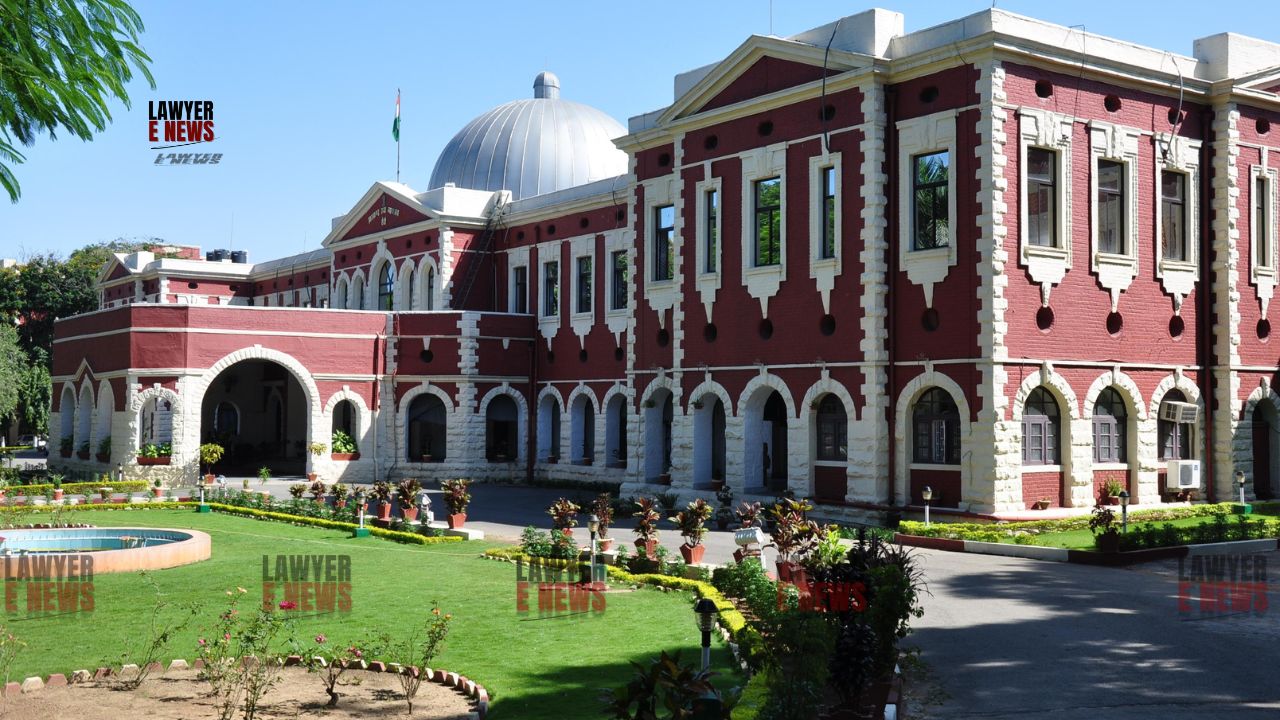Mere Delay in Initiation Does Not Justify Reduction of Damages: Jharkhand High Court on Provident Fund Defaults
24 September 2024 8:01 PM
By: sayum
On September 23, 2024, the Jharkhand High Court in The Regional Provident Fund Commissioner v. Bengal Bihar Fire Bricks & Pottery Works Pvt. Ltd., addressed the issue of reducing damages under Section 14-B of the Employees' Provident Funds and Miscellaneous Provisions Act, 1952. The court quashed the order of the Employees' Provident Fund Appellate Tribunal, which had reduced damages imposed on the respondent for belated provident fund payments, restoring the original liability.
The case concerned the delayed remittance of provident fund contributions by the respondent, Bengal Bihar Fire Bricks & Pottery Works Pvt. Ltd., for the period from October 1971 to January 1999. After an investigation, the Regional Provident Fund Commissioner imposed damages of ₹5,22,865 under Section 14-B of the Employees' Provident Funds and Miscellaneous Provisions Act, 1952. The respondent appealed to the Employees' Provident Fund Appellate Tribunal, which reduced the damages to 17%, citing a delayed initiation of proceedings and the unavailability of relevant records due to the closure of the respondent's business in 1998.
The core legal issue revolved around whether the Employees' Provident Fund Appellate Tribunal was correct in reducing the damages under Section 14-B, based on the respondent’s claims of prejudice due to delayed proceedings. The petitioner, Regional Provident Fund Commissioner, argued that no prejudice was caused to the respondent, as the damages were calculated based on the respondent’s own records of defaults.
The court considered multiple precedents, including the landmark ruling in Hindustan Times Ltd. v. Union of India, where the Supreme Court held that mere delay in initiating proceedings under Section 14-B does not constitute grounds for reducing damages unless the employer proves irretrievable prejudice.
The court rejected the respondent's argument that the delay caused prejudice, noting that the damages were computed using the respondent’s own records. Justice Anubha Rawat Choudhary stated that the Appellate Tribunal's order was “perverse” as there was no factual basis for claiming prejudice due to unavailability of records. The court emphasized:
"The findings of the Tribunal that there was serious prejudice to the establishment due to delay in initiating proceedings is ex-facie perverse."
The High Court further ruled that Section 14-B imposes a civil liability, not dependent on mens rea or actus reus, to penalize employers for delayed payments and compensate for losses to employees. It reaffirmed that:
"Mere delay in initiating action under Section 14-B cannot justify reduction of damages unless the employer proves irretrievable prejudice, which was not demonstrated in this case."
Additionally, the court held that the Appellate Tribunal erred in applying the "ends of justice" to reduce damages without considering the correct legal principles. As a result, the original order imposing full damages was reinstated.
The Jharkhand High Court allowed the writ petition, setting aside the order of the Employees' Provident Fund Appellate Tribunal. The original damages imposed by the Regional Provident Fund Commissioner were reinstated, and the court reiterated that delay alone does not justify a reduction in damages unless substantial prejudice can be demonstrated.
Date of Decision: September 23, 2024
The Regional Provident Fund Commissioner v. Bengal Bihar Fire Bricks & Pottery Works Pvt. Ltd.




